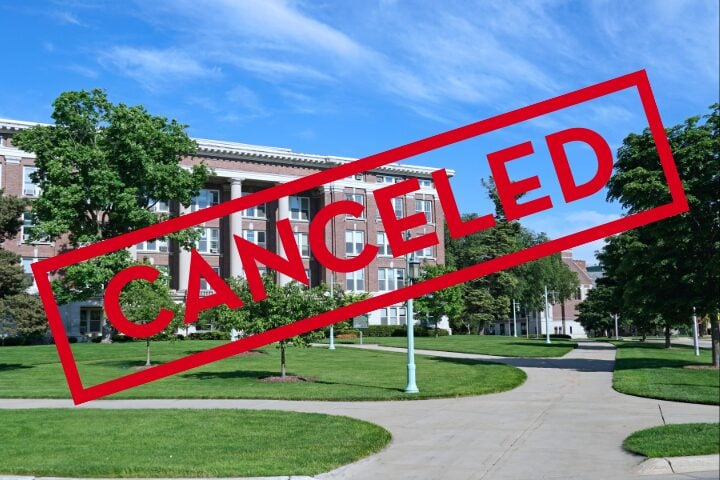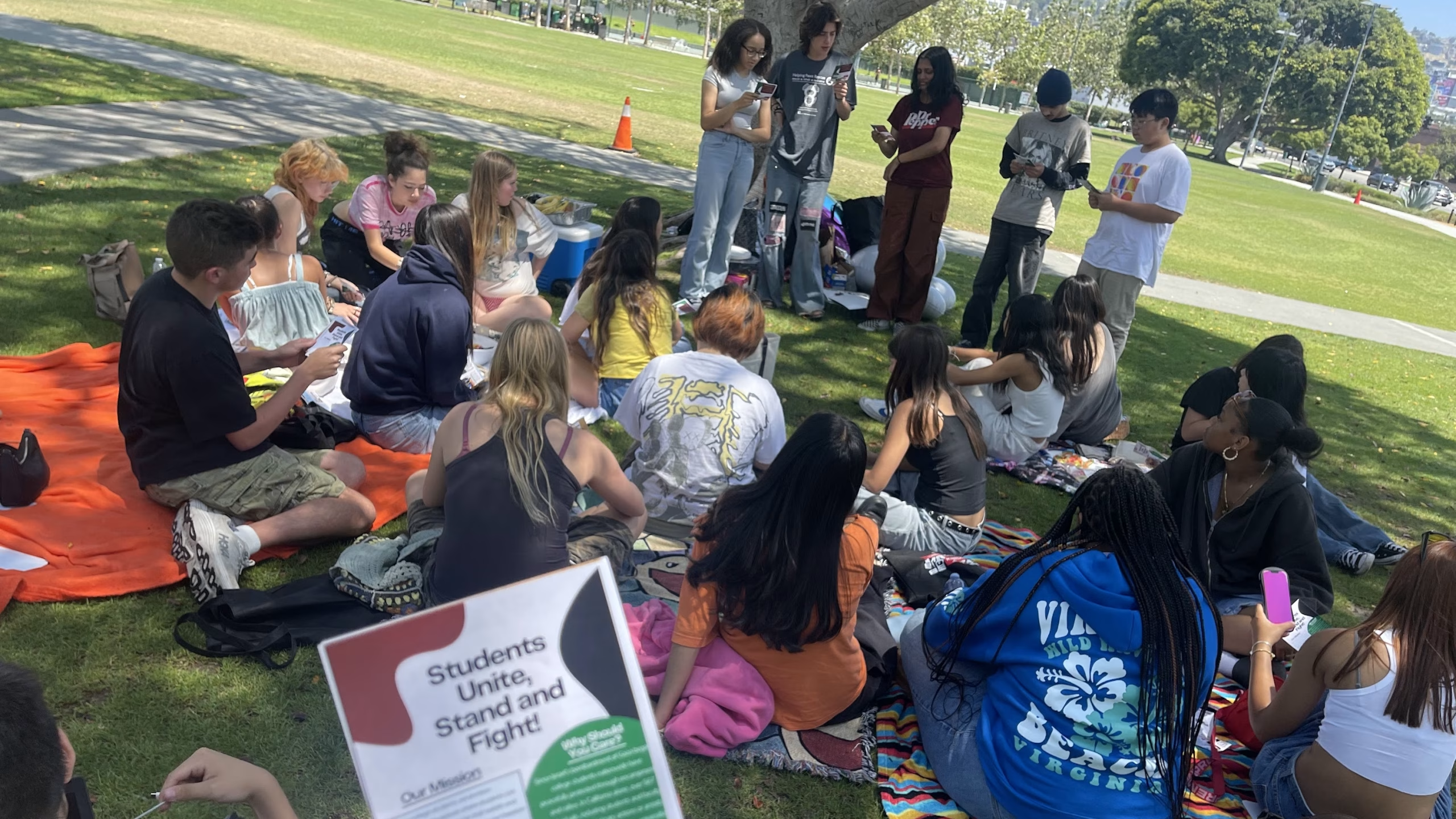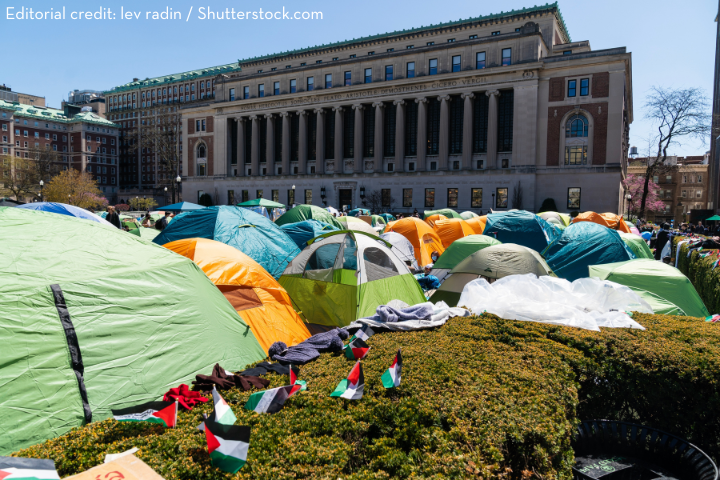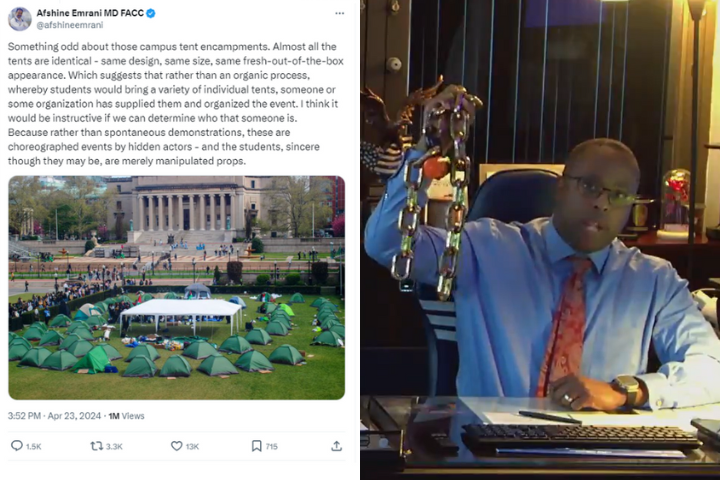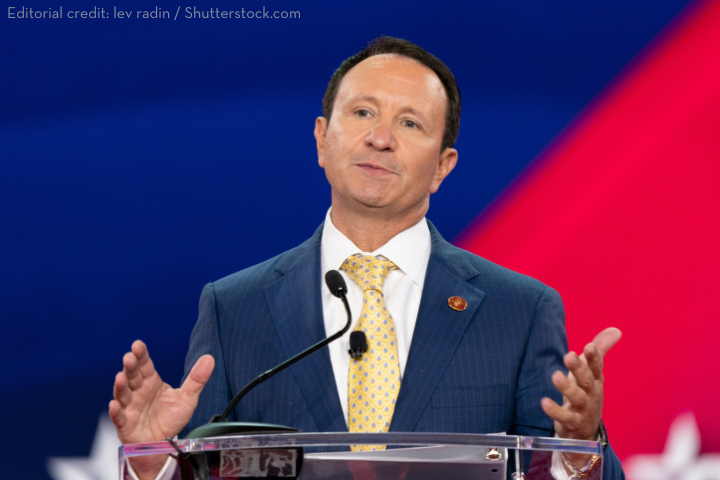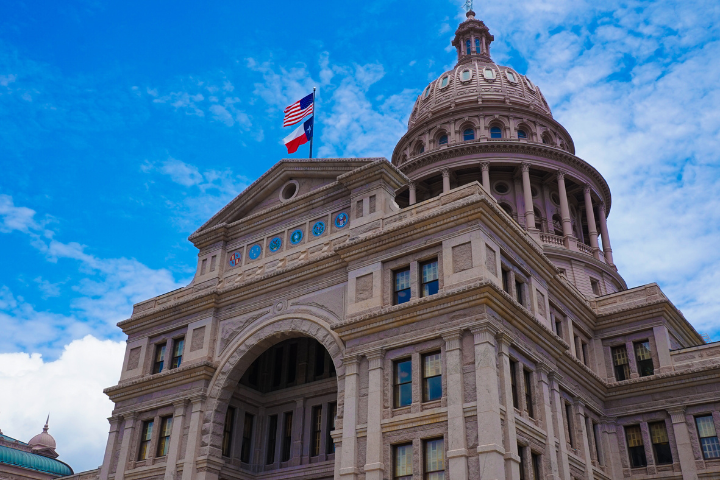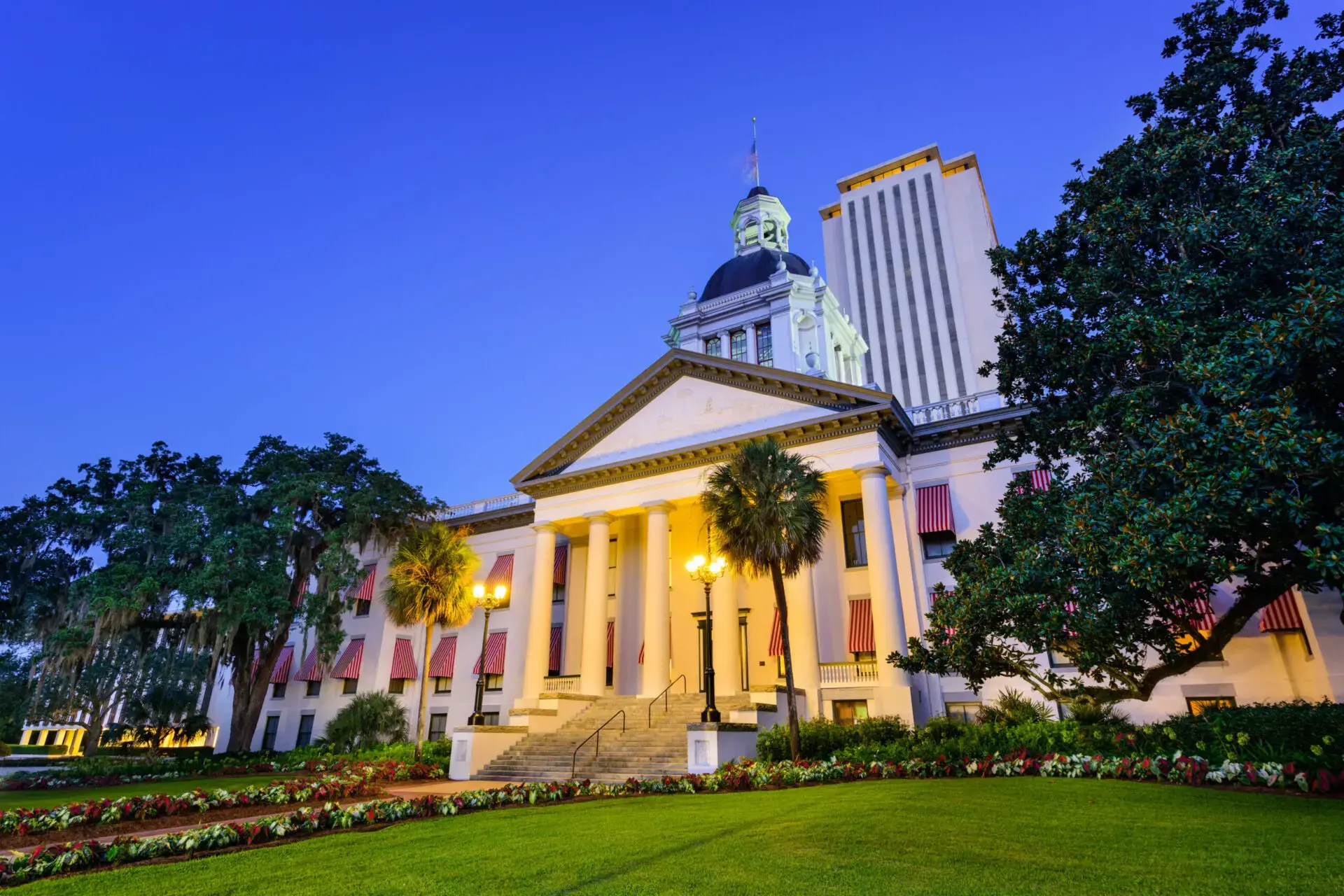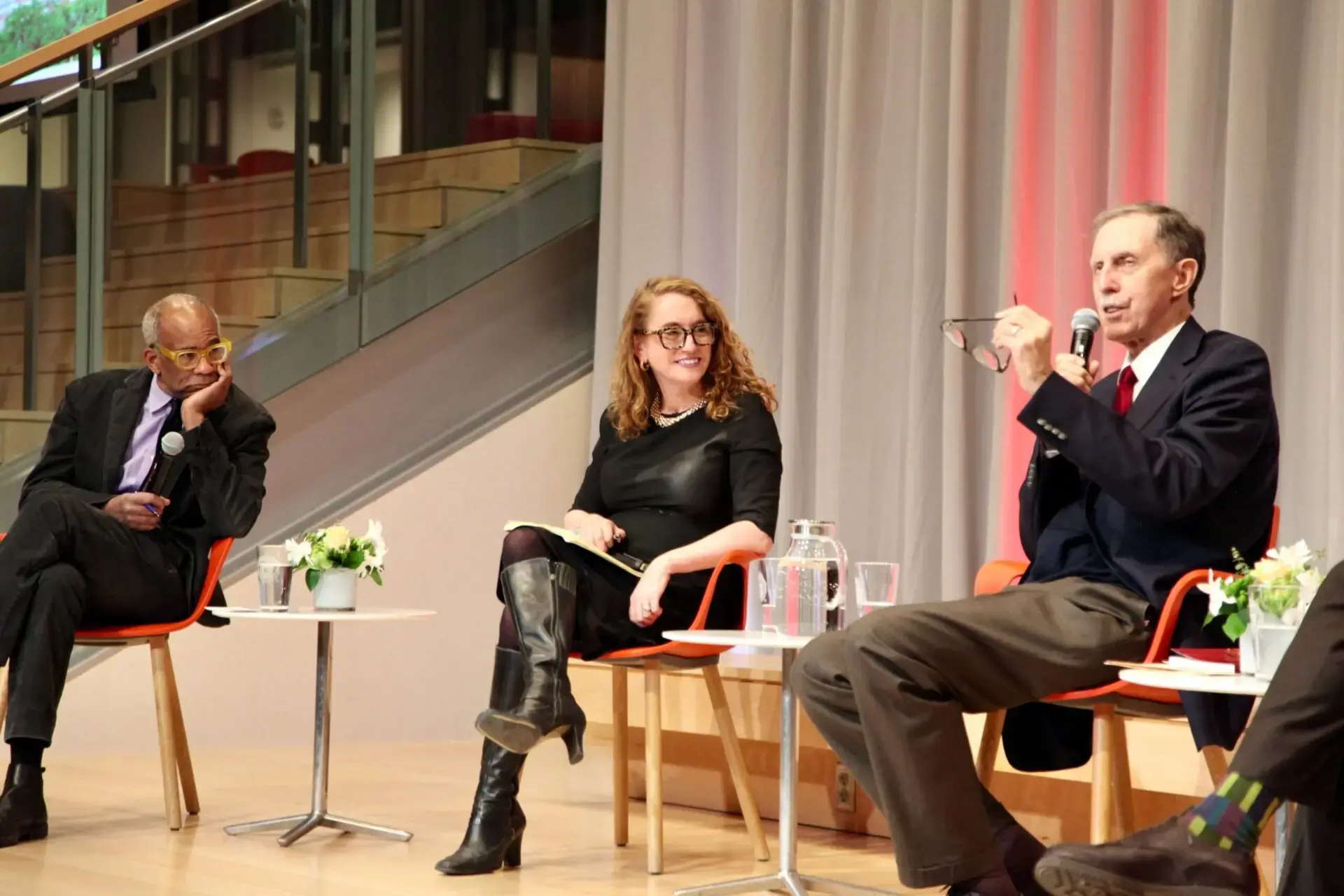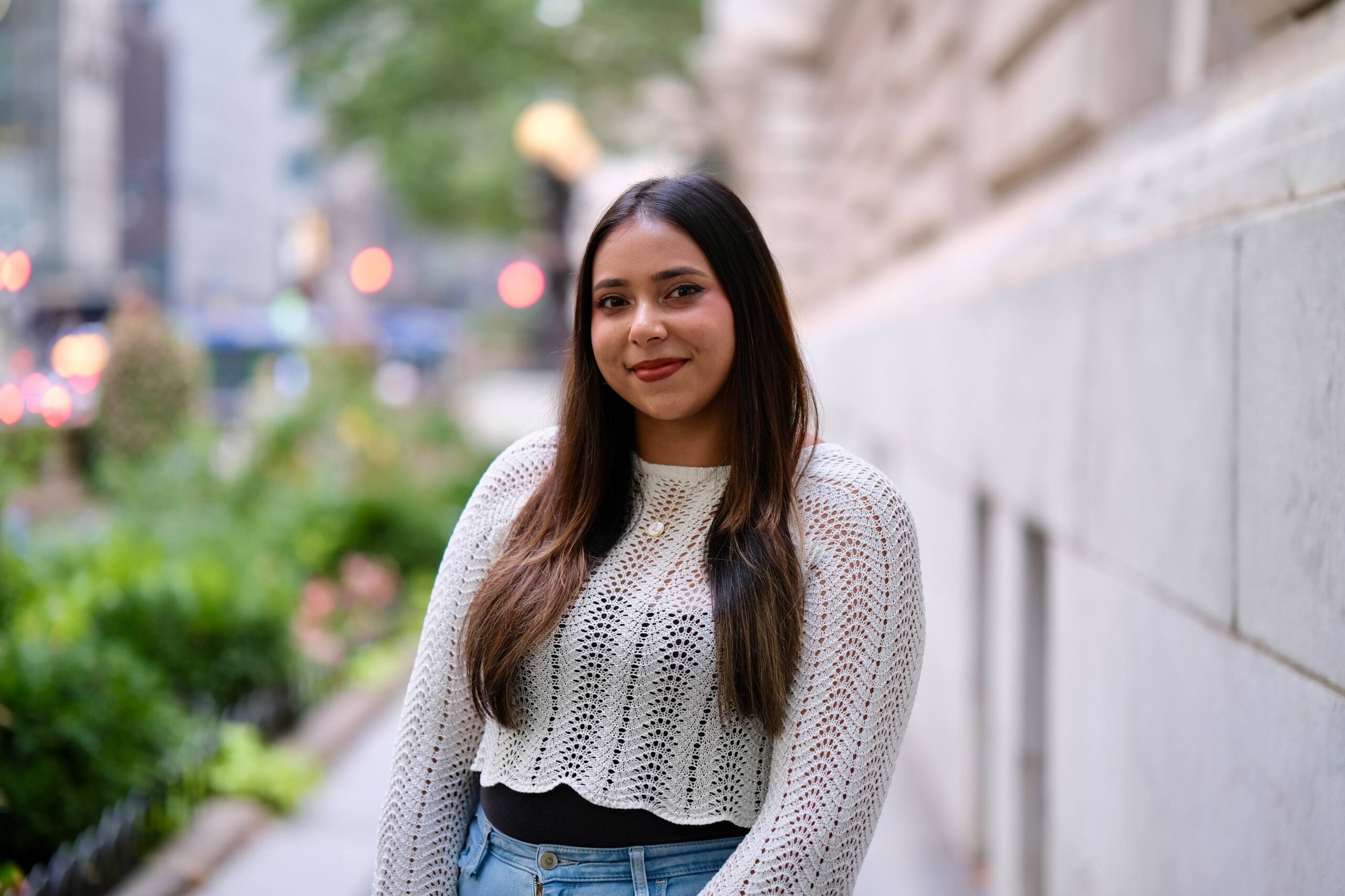
Conversations on the Quad: Pratika Katiyar
As Student Press Freedom Day approaches on February 27th, student journalists are sounding the alarm that the climate for student media is becoming “increasingly fraught.” While the campus protests of 2024 emphasized the importance of student journalists, they also heralded new antagonism from administrators and beyond.
So says Pratika Katiyar, a Northeastern University senior, award-winning activist, Student Press Law Center Board Member, and former PEN America Free Expression Leadership Fellow. To launch PEN America’s latest blog series “Conversations on the Quad” featuring student experiences of censorial legislation and changing campus climates, PEN America reached out to Katiyar to discuss the emerging importance of student media’s role in preserving free expression on campus, and gathered some actionable recommendations for campus administrators.
Katiyar characterized 2024 as “transformative for student journalism. … The campus protests really brought to light how unique the role of student journalists is—they have the pulse on what’s happening, they know who to interview, and they understand campus dynamics in ways mainstream outlets don’t.”
Yet, despite student journalists possessing this valuable perspective, Katiyar and her peers at the Student Press Law Center report facing growing administrative censorship, denial of public records, and even legal threats to student media for their reporting. “We’re even seeing administrators resort to arrests as forms of discipline… simply for covering protests… That’s an attack not just on student press freedom, but on broader press freedom.”
Beyond the campus protests reverberating nationwide, Katiyar also shared that the ongoing targeting of diversity, equity, and inclusion resources and programs will likely have a chilling effect on student media. “I see self-censorship being a growing trend… Students might be afraid to write about DEI, gender studies cuts, sexual harassment, or LGBTQ issues because of political pressure and fear of institutional backlash,” she warned. Threats to diversity-related scholarships in journalism, Katiyar added, could also potentially impact student newsroom representation and story diversity.
To address all of these challenges, PEN America asked Katiyar what was on her “student journalism wish list” for campuses this year on Student Press Freedom Day:
- First and foremost, Katiyar highlighted more support, cooperation, and transparency from administrators working with student media, asking, “How can student journalists effectively get information from their administration when the administration’s not always supportive of the reporting, even if that reporting is accurate and objective?”;
- She also advocated for clear guidelines on protected speech and protest rights throughout campus handbooks. In particular for first-year students, “What are the disciplinary measures should they participate in a walkout or a protest? Clear, defined and transparent policies can set a really good framework for students as they enter college.”;
- Increased funding and expanded “academic partnerships”—collaborations between independent newsrooms and universities that engage student journalists in local and statehouse reporting. Pratika says these programs are “always a win for student media and student press freedom because [they give] student journalists autonomy”;
- More media literacy training for students across the campus to combat misinformation, support free speech, and promote healthy, de-polarized discourse. “Media literacy is a free speech issue—without it, people are more vulnerable to misinformation, censorship, and manipulation,” she said;
- And finally: “Get more New Voices laws passed!” Eighteen states have enacted New Voices legislation, which counteracts the effects of the 1988 Hazelwood v. Kuhlmeier Supreme Court decision, which ruled that student journalists can be subject to administrative censorship for articles that they write. At least four states are currently seeing New Voices bills introduced.
PEN America’s first “Conversation on the Quad” with Katiyar should remind advocates that student journalists have the potential to become collateral damage when educational censorship and polarization intensifies.
Student Press Freedom Day is a nationwide initiative by the Student Press Law Center where students, educators and other press freedom supporters work together to:
- Raise awareness of the vital work of student journalists,
- Highlight how censorship threatens that important work, and
- Empower student journalists and others to take action to restore their First Amendment freedoms.
Each year, Student Press Freedom Day grows in scope as more students write op-eds, create videos, host events, tell their stories and build momentum for New Voices campaigns in their state.
The theme for Student Press Freedom Day 2024 is Powerfully Persistent. To learn more, please visit studentpressfreedom.org.

